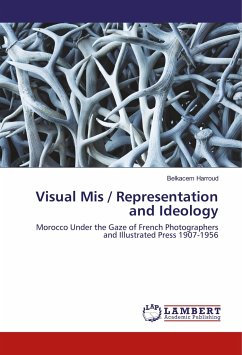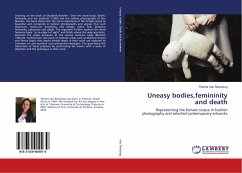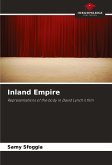Dazzled by photography and illustrated press in their beginnings and enchanted by their preciseness and originality, I decided to go through archives of photography and illustrated press made on Morocco between 1907 and 1956. The result was shocking. French professional photographers and illustrated newspapers, namely: Marcelin Flandrin and Jacques Bossuge, Le Petit Journal Illustré and Le Petit Parisien Illustré were deeply affiliated with the French colonial agenda. Photography and illustrated press were manipulated, and became tools in order to forge stereotypical, 'naturalized' and fake ideas and judgements about other cultures. The synthesis of photography and illustrated press helps to form a relatively clear and profound idea not only about ideology and its affinity with the concept of discourse, but also about the iescapable presence of ideology in all cultural practices of representation.
Bitte wählen Sie Ihr Anliegen aus.
Rechnungen
Retourenschein anfordern
Bestellstatus
Storno








